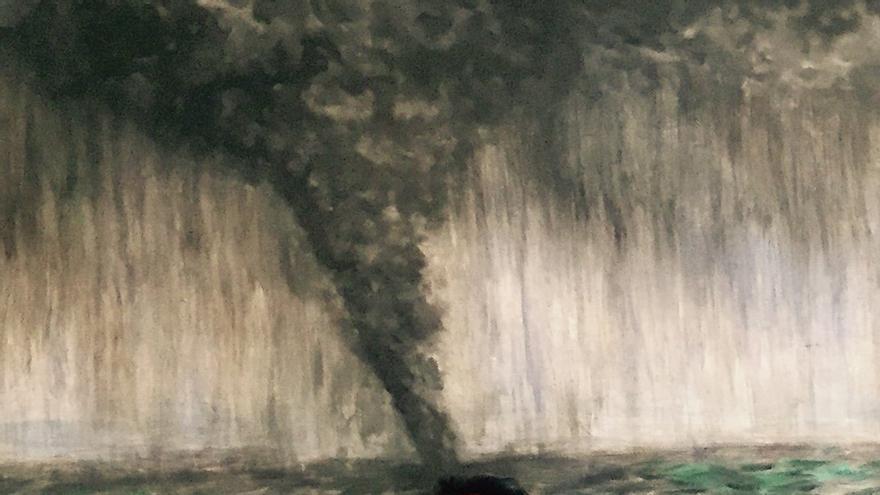
![]() 14ymedio, Havana, 8 March 2018 — The debate on gender equality has reached Cuba and this time it is far from the official channels. Reporter Marta María Ramírez has drafted a list of more than 40 demands against patriarchy, including the redesign of educational policies, which has generated intense debate in Cuban networks. With this initiative, Ramírez joins the International Women’s Strike called for this March 8.
14ymedio, Havana, 8 March 2018 — The debate on gender equality has reached Cuba and this time it is far from the official channels. Reporter Marta María Ramírez has drafted a list of more than 40 demands against patriarchy, including the redesign of educational policies, which has generated intense debate in Cuban networks. With this initiative, Ramírez joins the International Women’s Strike called for this March 8.
Ramírez, a journalist of gender and culture, defines herself as a “radical feminist and social activist,” and has drafted 42 specific demands so that Cubans can live “in equity,” as she explains in the introduction of the document, published on social networks.
“There are several reasons for going on strike, all responding to the exhaustion provoked by patriarchy and its ideology: machismo,” says Ramírez. “These are demands not only of feminist women, but of a plurality of women, when we look critically on our lives.”
The Federation of Cuban Women (FMC), the only female organization allowed in the country, has not joined the initiative despite the fact that this year groups of women from more than 170 countries have joined the international appeal.
With more than four million women in its ranks, the FMC has not mentioned the strike through its broadcasting channels. The strike seeks to make visible the obstacles that still need to be overcome in order to achieve actual equality between men and women.
In most Latin American capitals a strike has been called for today and initiatives linked to art, politics and activism are also expected to be a part of the day’s events.
The approval of a new family code and laws against workplace harassment are some of the demands that appear in Ramírez’s list, which has numerous comments of support on Facebook.
Although several specialists have warned that sexual harassment of women in the workplace is a “problem with multiple silent witnesses,” the law does not provide for specific penalties for this crime and only requires the employer to maintain “due respect” toward the dignity of the worker.
The specific date of March 8 is inspired by the actions carried out by a group of textile workers in New York in 1857, in protest of the appalling conditions in which they worked.
Ramírez also calls for an end to “obstetric violence” and for the “right of fathers to participate in birthing rooms.” This latter is an old demand that is rarely met, under the doctor’s pretext of lack of space or lack of privacy.
Also on the lost of the journalist’s demands are improvements in the conditions in childcare centers and the extension of their hours to include weekends.
Ramírez demands that in the schools of the Island “education policies be established” that are not sexist or discriminatory and that “a sexual education program be considered as part of the curriculum, not as an optional subject, and [that it be taught by] qualified personnel.”
The activist demands the repeal of the Penal Code’s crime of “criminal dangerousness,” which is used to condemn women who practice prostitution even though the exercise of that profession is not proscribed in the Penal Code.
The list also calls for respect for human rights and freedom of expression to prevent women from being “considered enemies” or being “persecuted, intimidated, imprisoned or censured” for being feminist activists.
Ramírez goes further and raises the need for Cuban women to establish organizations based on common interests, because “women do not feel represented by existing non-governmental institutions.”
So far the official press has not acknowledge the 42 points, which are also circulating nationally via email. This Thursday, the official newspaper Granma stated the emancipation of the Cuban woman is an accomplished fact and insisted that “it would not have been possible without the birth of the FMC.”
_____________________
The 14ymedio team is committed to serious journalism that reflects the reality of deep Cuba. Thank you for joining us on this long road. We invite you to continue supporting us, but this time by becoming a member of 14ymedio. Together we can continue to transform journalism in Cuba.
